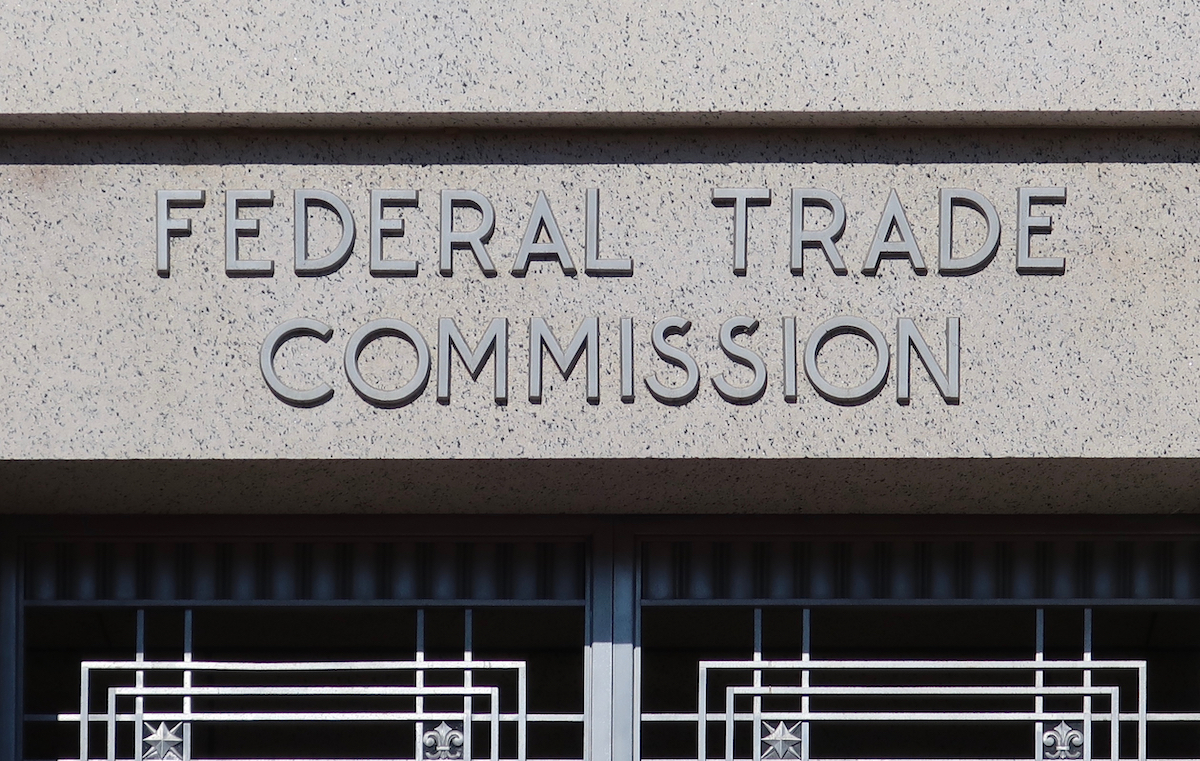
A group of lawmakers is calling on the US Federal Trade Commission (FTC) to wield a seldom-used antitrust law against retail behemoths like Amazon.com Inc. and Walmart Inc., citing profit surges during the Covid-19 pandemic and sustained high prices thereafter. According to a report by Bloomberg, the FTC study unveiled this month revealed a notable advantage gained by major grocery stores over smaller competitors during the pandemic-induced supply chain disruptions.
The lawmakers, primarily Democrats, penned a letter to FTC Chair Lina Khan urging the agency to leverage the Robinson-Patman Act, a price discrimination law enacted during Franklin Delano Roosevelt’s presidency. This law, last enforced in the 1980s, mandates that suppliers extend uniform pricing and terms to all retailers, prohibiting selective preferential treatment such as exclusive discounts or access to limited inventory.
“The FTC should use the RPA to combat price discrimination and concentration,” the lawmakers emphasized in their letter, which was led by Massachusetts Democratic Senator Elizabeth Warren and endorsed by several other senators and House members including New York Representative Alexandria Ocasio-Cortez.
The FTC’s recent study, drawing on confidential data from major retailers and suppliers like Procter & Gamble Co., Tyson Foods Inc., and Kraft Heinz Co., underscored a significant uptick in food and beverage retailer revenues surpassing 6% over total costs in 2021, exceeding a previous peak of 5.6% in 2015. The report shed light on tactics employed by large retailers, including threats of fines to ensure timely deliveries from suppliers.
FTC Chair Lina Khan has indicated a commitment to revitalizing enforcement efforts under the Robinson-Patman Act, signaling a departure from recent trends. The agency has already initiated a preliminary investigation into pricing practices within the beverage industry, focusing on giants like Coca-Cola Co. and PepsiCo Inc., and is broadening its scrutiny to other sectors such as pharmaceuticals.
The Biden administration’s emphasis on bolstering antitrust enforcement, particularly in addressing rising food prices, has been evident. The FTC recently challenged Kroger Co.’s proposed acquisition of supermarket rival Albertsons Cos., slated to be the largest US grocery merger to date, with a trial scheduled for August.
In a related development, Dole Plc announced the termination of plans to sell its fresh vegetables unit to Fresh Express Inc., a subsidiary of Chiquita Holdings Ltd., following threats of antitrust litigation from the Justice Department earlier on Thursday. This move underscores heightened scrutiny and proactive measures taken against potential anticompetitive behavior in the market.
Source: BNN Bloomberg
Featured News
Judge Mehta Questions Both Sides in Landmark Google Antitrust Case
May 2, 2024 by
CPI
FCC Urges Urgent Funding for Removal of Chinese Telecom Equipment from U.S. Networks
May 2, 2024 by
CPI
Former Pioneer CEO Facing Potential Criminal Charges For Colluding With OPEC
May 2, 2024 by
CPI
South Korea’s Antitrust Regulator Greenlights K-Pop Powerhouse Deal
May 2, 2024 by
CPI
Exxon’s Pioneer Purchase Approved, Former CEO Barred from Board
May 2, 2024 by
CPI
Antitrust Mix by CPI
Antitrust Chronicle® – Economics of Criminal Antitrust
Apr 19, 2024 by
CPI
Navigating Economic Expert Work in Criminal Antitrust Litigation
Apr 19, 2024 by
CPI
The Increased Importance of Economics in Cartel Cases
Apr 19, 2024 by
CPI
A Law and Economics Analysis of the Antitrust Treatment of Physician Collective Price Agreements
Apr 19, 2024 by
CPI
Information Exchange In Criminal Antitrust Cases: How Economic Testimony Can Tip The Scales
Apr 19, 2024 by
CPI